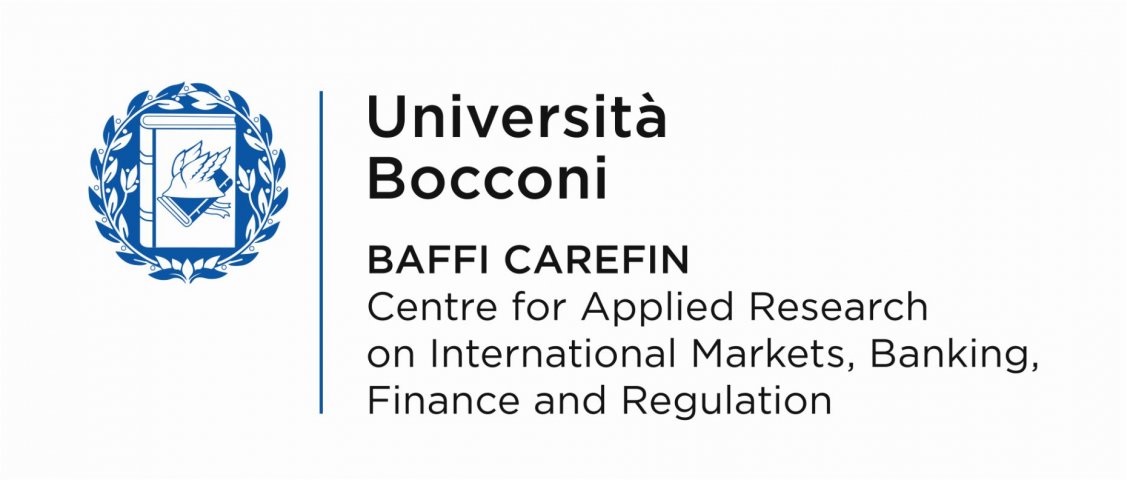

BAFFI CAREFIN Centre – Bocconi University
Via Roentgen 1, 20136 Milan, Italy
With friendly support of INTESA SANPAOLO

There seems to be general agreement that „populism“ has been on the rise over the past decade, and that it has implications for election outcomes and economic policies. There is the notion that populist economic policies oriented towards short-term gains at the cost of long-term structural growth, favor pressure groups at the cost of minorities and other groups less relevant for electoral outcomes, and do generally not attach great importance to economic facts and analysis. This conference first asks what „populist economic policies“ are. Are they actually a new phenomenon? Are they confined to specific political camps? How would they be classified in more conventional economic categories? Once more clarity on the definition has been achieved, second, the question is asked about causalities: Have past economic developments (fiscal consolidation, reform fatigue, economic inequality, financial crisis, unemployment) led to public discontent and thus encouraged or even forced „populist“ policies; or do populist narratives merely serve as justification for the policies taken against mainstream economists‘ advice?
Conference Proceedings No 2020/1 “Populism, Economic, Policies and Central Banking” (pdf)
Central banking in challenging times
Claudio Borio, Head of the Monetary and Economic Department, BIS I SUERF Fellow presentationPopulism: Demand and Supply?
Massimo Morelli, Professor of Political Sciences, Bocconi University presentationCollective Emotions and Protest Vote
Francesco Passarelli, Associate Professor of Economics Professor, University of TurinNew Populism in Latin America
Antonio Spilimbergo, Deputy Director, Research Department, IMF presentationPolitical Pressure on Central Banks
Carola Binder, Assistant Professor of Economics, Haverford College presentationAutocratic Breakdown: Does central bank independence matter?
Cristina Bodea, Professor of Political Science, Michigan State University presentationPopulism, Political Pressure and Central Bank (in)dependence
Donato Masciandaro, Professor of Economics, Director, BAFFI CAREFIN Centre Bocconi University I SUERF presentation